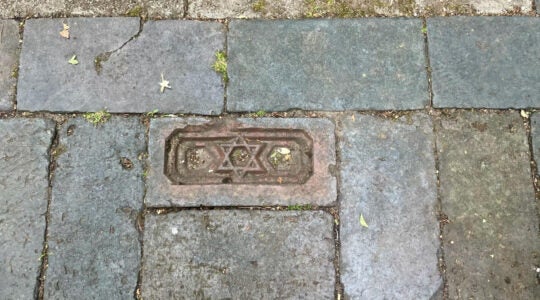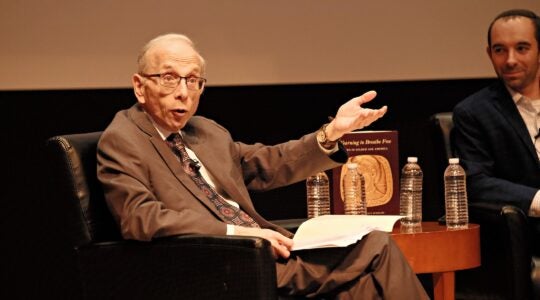Recent events involving Israel have underlined a fault line running through the Jewish people.
On one side are those who say that the international critique of Israel is nothing more than pathological anti-Semitism, so there’s no point in Israel responding to a no-win situation with anything other than a militant defiance, including a harsh blockade.
On the other side are those insisting that if Israel, using seichel, was more PR-savvy and somewhat strategic and flexible when responding to provocations, there might be a melting of the isolation, even ostracism, that is closing in on Israel like a glacial advance.
Both propositions are being tested yet again by Israel’s announcement that it is relaxing its Gaza blockade, allowing in everything other than items for military use. Ideally, this will bolster international support for that part of the blockade that remains, a blockade expected to be tested by other flotillas in the weeks ahead.
Ideally, it would mean international support for obtaining the release of Gilad Shalit, who on June 25 will be entering his fifth year as a captive of Hamas, denied even Red Cross visitation, or any of the protections that all prisoners of war are entitled to under the Geneva accords. The blockade was partially initiated by Israel as a response to Shalit’s captivity, a “card” Israel hoped to trade for his freedom.
Awareness of Shalit gained belated traction in the recent blockade debate, but he is being forgotten now that the blockade has eased. A New York Times editorial, praising Israel for its recent move, made no mention of the young soldier. With all the discussions of “humanitarian aid,” Israel’s Ehud Barak correctly pointed out that the one person in Gaza most in need of humanitarian aid is the young captive soldier who won’t be getting it. Considering the national protests over the treatment of prisoners at Abu Ghraib and Guantanamo, the relative silence over Shalit’s situation is remarkable.
There was once a time, exemplified by the Soviet Jewry movement, when a Jew’s pain and imprisonment on the other side of the globe was profoundly felt by Jews here in New York, with mass rallies attended by tens of thousands. Today, there are no similar protests for Gilad Shalit, though his mistreatment should be eliciting a humanitarian cry beyond politics.
We’ve been hearing a lot lately from young Jews who are “embarrassed” by Israel’s policies. That Shalit and his family —our family — should be suffering for yet another year ought to be embarrassing for all of us. Imagine if he was your own son or brother.
Once upon a time, American Jews had no trouble doing exactly that.
|
Signup for our weekly email newsletter here. Check out the Jewish Week’s Facebook page and become a fan! And follow the Jewish Week on Twitter: start here. |
The New York Jewish Week brings you the stories behind the headlines, keeping you connected to Jewish life in New York. Help sustain the reporting you trust by donating today.




